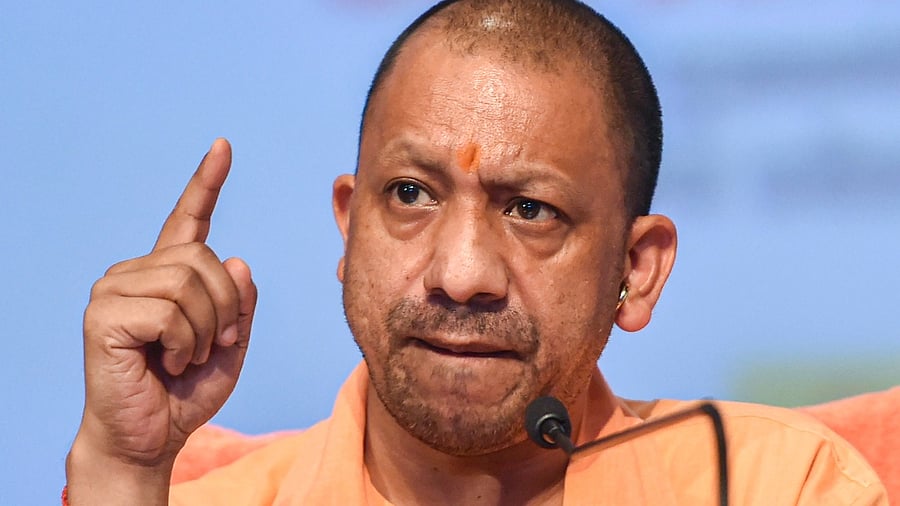
The Uttar Pradesh government’s draft bill on population is a poison pill coated with the sugar of good intent. A check on population growth, especially in a backward state like UP, is a desirable goal, but what the bill tries to do is to sound the communal dog whistle to further polarise the society when the state Assembly elections are in sight. The policy that it reflects is intended more to paint the Muslim as the villain who is responsible for the state’s backwardness than to promote the welfare of the society. It seeks to reiterate the bogey of a Muslim demographic war on Hindus by invoking atavistic fears of being swamped by them. The bill is in line with the Yogi Adityanath government’s policies and actions invoking other bogeys like ‘love jihad’ and forced conversions. Though there is no anti-Muslim label on the bill, the statement that it aims to ‘“ensure there is a population balance among various communities” gives away the real intent.
The idea of such a ‘balance’ is itself questionable in a state where citizens belonging to all communities have equal rights. Communities need protection only when they are minorities or face threats to survival. So, the legality and propriety of any law that seeks to effect a ‘balance’ between the numbers of Hindu, Muslim or any other community are in doubt. The bill, in its application, however, treats all communities equally, and rewards or punishes everyone equally, as the case may be. It offers incentives for maintaining the two-child norm and prescribes penalties for violations. Anyone who violates the two-child norm will be barred from contesting local body polls and from applying for or getting promotion in government jobs and receiving government subsidies. There is a bigger accent on penalties than on rewards. It is likely that more Hindus will fall foul of the law than Muslims because the former are much more in number. But none of it makes the law fair and free of communal bias because its real aim is to paint Muslims as a threat to Hindu society, and that is served just by proposing the law. It may, however, proportionately hit more Muslims than Hindus.
A law is a wrong and unwise means to check population. Families become smaller, without incentives and disincentives, when the social and economic conditions of people, indicated by incomes, literacy levels, women's status, health facilities and access to contraceptives, improve. Coercion is authoritarian and counterproductive. India’s population has been falling and its fertility rates are near replacement levels. The Muslim population growth has been falling faster than the national average. There is no need for a law to curb and control it.
